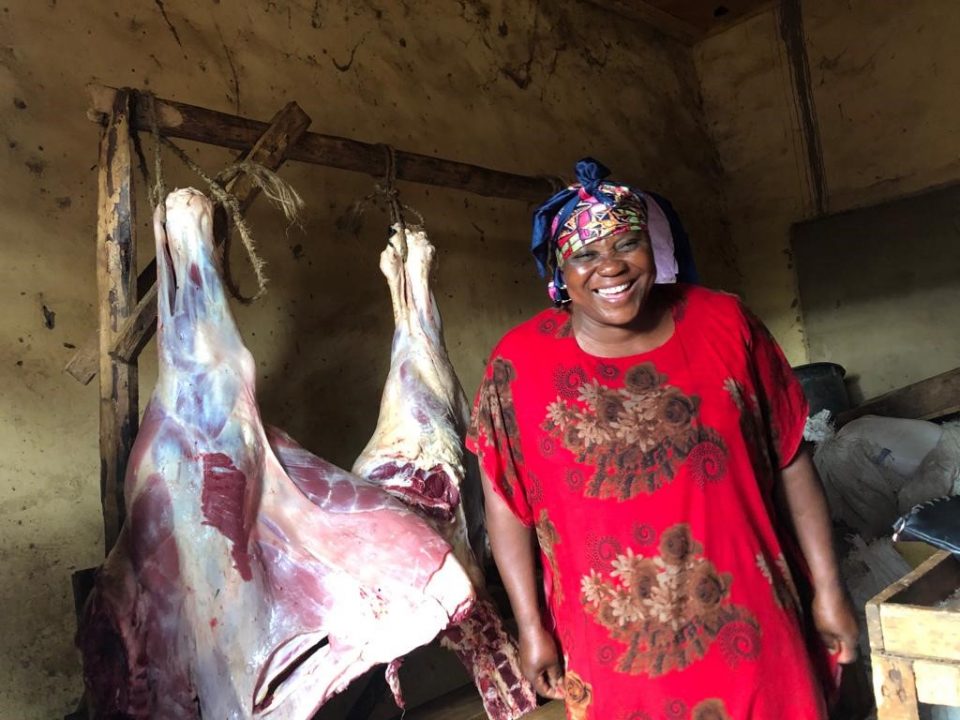Entrepreneurial charity warns aid cuts will only increase reliance on handouts

Sam Bickersteth, the CEO of Opportunity International UK which works to develop home-grown businesses in the developing world, has told City A.M. that UK aid cuts will only increase dependence on handouts.
Bickersteth said that by reducing the number of programmes charities like his are able to run, more people will end up relying on food and emergency aid.
The charity, with whom City A.M. has partnered in recent years, provides business training and micro-financing solutions for entrepreneurs in the developing world.
Bickersteth said that aid cuts means they will have to “seriously scale back” their life-changing programmes, but they hoped further fundraising would allow them to bridge the gap and that they would deliver as much as they feasibly could over the next twelve months.

He pointed to the story of Jeanne, who Bickersteth met in the Nakivale Refugee Camp in Uganda.
Having begun working for herself as a butcher, Opportunity International were able to provide her with support to expand her business – eventually employing other people and lifting herself out of poverty.
Bickersteth appreciates that “hard decisions” have been made by the UK Government in the aftermath of the costly Covid-19 pandemic but fears moves to cut aid could be short-sighted.
The decision to withdraw funding means that 8,000 people and their families like Jeanne will no longer be able to grow their business, have a job, support their families, and send their kids to school.
“We are letting down people who are ready to help themselves” said Sam Bickersteth.
“We think of ourselves as offering a hand-up, but these cuts will end up increasing the number of people who need handouts,” he said.
City A.M. readers can support Sam and Opportunity International’s work here.